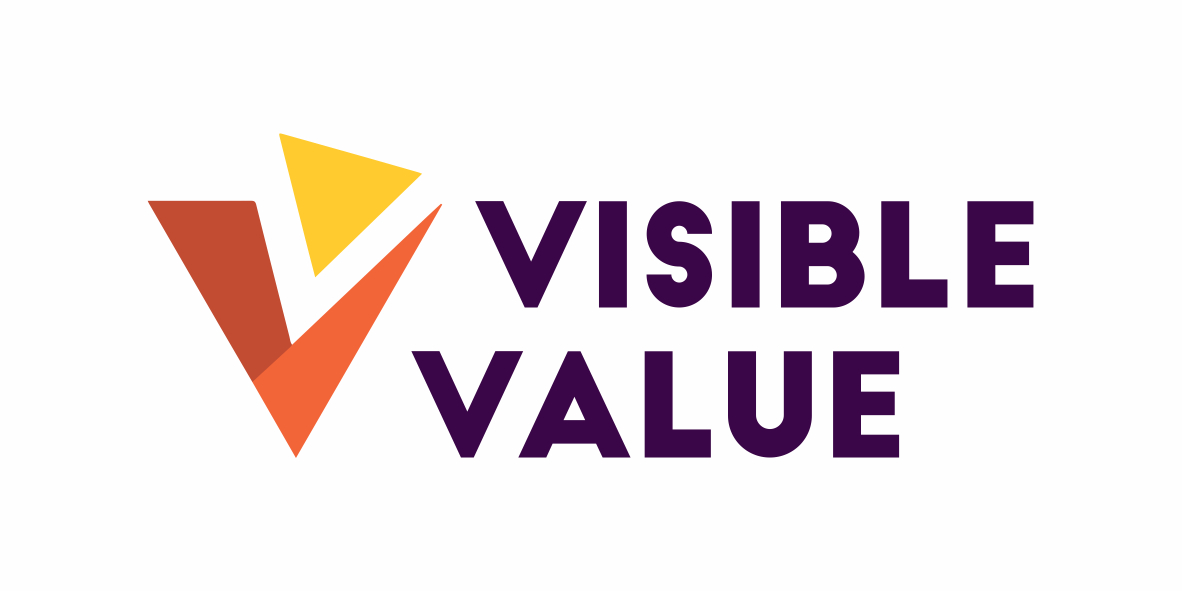Country Snapshots: Recognition of Youth Work
This section of the Visible Value aims to provide a quick overview of the state of the affairs about the recognition of youth work in the countries covered by EU-CoE Youth Partnership. In total it covers 53 country profiles (including 3 profiles for Belgium and 4 profiles for the UK).
The content in this section is based on several sources, including:
- Country reports on youth work collected by EKCYP correspondents: https://pjp-eu.coe.int/en/web/youth-partnership/country-information-youth-work
- EU Youth Wiki - an online platform presenting information on European countries' youth policies: https://national-policies.eacea.ec.europa.eu/youthwiki
- Forthcoming national contributions of the Non-programme countries to EU Youth Wiki
- An additional survey done by the editors of the Visible Value in 2021
The sources of information are indicated at the end of each profile.

Additionally, some Spanish universities have offered postgraduate programmes focused on youth work and/or youth policy and research, but nowadays they offer a master’s degree specialized in youth work is very limited. The lack of official recognition and the high fees discourage future youth workers from enrolling. Many youth workers, particularly those working at a more local level, have acquired their skills in the voluntary sector, in NGOs devoted to education in leisure time, and trained in courses provided by these kinds of organizations.
As mentioned before, the concept of youth worker is not included in any specific legislation in Spain. What the term ‘youth worker’ stands for depends on the particular criteria made by the autonomous regions. However, there is some common ground in defining youth workers as those professionals working with youth. From the regional ambiguity of that concept a collection of common, and non-official, characteristics has been compiled from a sample of regional calls. The most common requirements to become a youth worker are:
- To have Spanish or European nationality.
- To be at least 16 years old.
- Any of the following degrees: social education, social work, psychology, pedagogy or teaching.
- Not having been dismissed from public service, through a disciplinary file, from the Public Administration service.
The recognition of the abilities acquired through non-formal and informal learning is done at the regional level.
This process began at an institutional level with the Royal Decree 1224/2009, 17th of July 2009, of recognition of the professional skills acquired through work experience (Real Decreto 1224/2009, de 17 de julio).
In the first article of this decree, the requirements and procedures for the recognition and evaluation of the professional competences acquired through non-formal education or work experience are established. The effects of the evaluation and recognition are also included in this decree.
There are not specific mechanisms to recognize the skills of youth workers at a national level.
(From the Youth Wiki)

